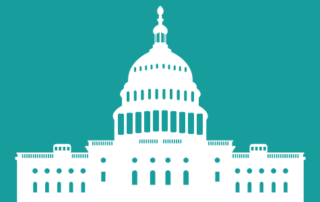Coalition Against Anticompetitive SEP Abuse Keeps Expanding After Apple/Qualcomm Settlement; Calls on Commerce Department and USPTO to Continue Bipartisan SEP Policies
The agreement Apple and Qualcomm announced last week may have ended direct litigation between the two companies, but it did nothing to address the growing threat to competition and innovation caused by anticompetitive abuse of standard-essential patents (SEPs) by Qualcomm and others. That is why the alliance of companies, organizations, [...]




